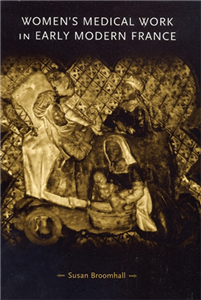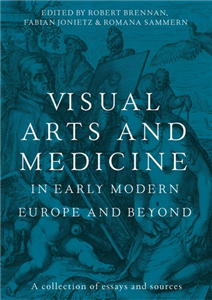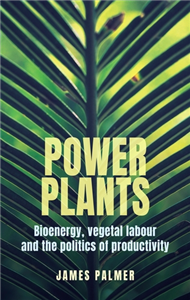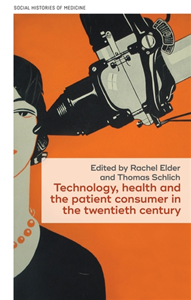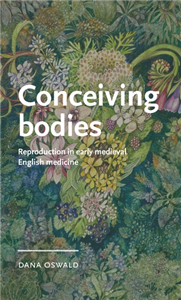Extended medication counselling for polymedication
Taking five or more medications – this is part of the daily routine of many, especially elderly
people. But polymedication increases the risk of drug-related problems. This is where the
pharmaceutical service „Extended medication counselling for polymedication“ comes in. This
comprehensive guide shows how to establish and implement such knowledge in the pharmacy:
■ Part A explains the legal and contractual basis of the service. In addition, the publication
highlights the risks of polymedication, drug-related problems and goals, and the benefits
of the service for the stakeholders involved in the pharmacy, the doctor‘s practice, and for
the patients themselves.
■ Part B is dedicated to the organisation in the pharmacy: team preparation, quality
management, required documents, consulting and workplaces, and staff qualification.
Aspects such as time management, patient recruitment and public liability are also
considered.
■ Part C describes the individual process steps flanked by aids such as work tables,
checklists, sample texts (for download at www.Online-PlusBase.de) and a comparison
table for supporting AMTS software tools, including screenshots.
■ Part D offers case studies, including the initiation of extended medication counselling,
the pharmaceutical AMTS review (software-supported), solution paths and communication
(including formulation examples) with the various stakeholders involved.
A medication analysis promotes drug therapy safety, strengthens customer loyalty and
creates new opportunities for interdisciplinary cooperation with the medical profession –
good reasons for starting immediately!








